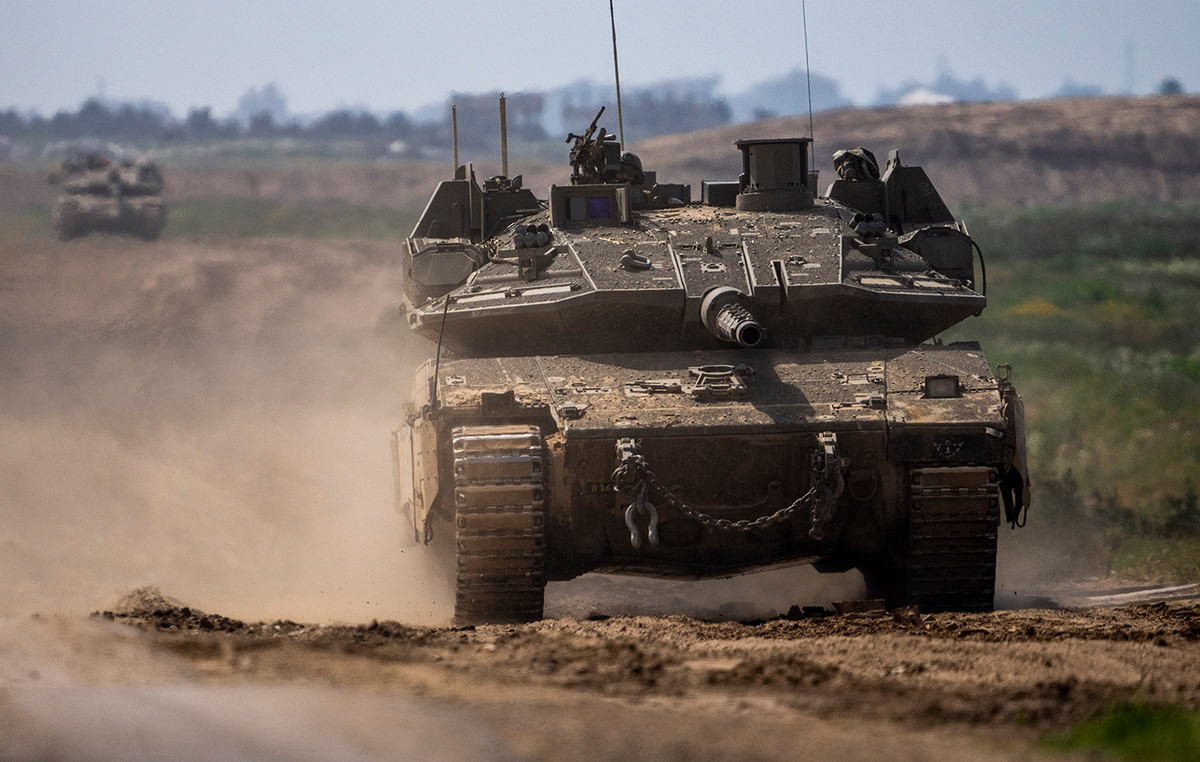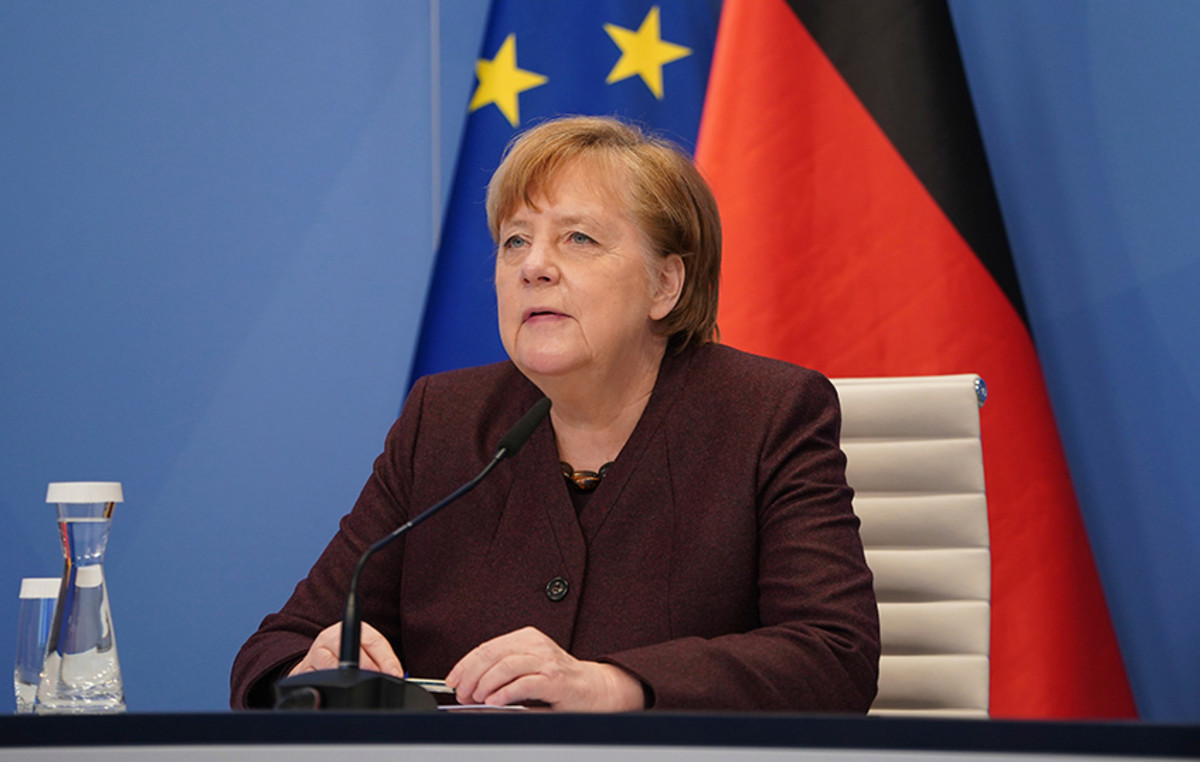On February 1, the military seized power in Myanmar. They detained a number of high-ranking officials and declared a state of emergency for a year, handing over the leadership of the country to the army commander-in-chief Min Aung Hlain, who is in charge of ethnic cleansing cases. Formally, they explain their actions by protecting the country from “falsifications” in the parliamentary elections, in fact, they do not want to lose power. Now under a military dictatorship, a country that has begun to democratize in order to save a withering economy from international isolation, may again fall under sanctions, mired in ethnic-religious conflicts and repression of the opposition.
What happened in Myanmar, what consequences it will bring for the country and the region – I understood.
Myanmar is a country located in Southeast Asia. The capital is Naypyidaw. As of 2018, Myanmar had 53.7 million people, with national minorities accounting for about 40% of the population. The overwhelming majority of the public, about 90%, professes Buddhism. From the 18th century to 1948, Myanmar was a British colony.
Military coup
Early on Monday morning, February 1, the Myanmar military staged a coup: they detained the head of the ruling National League for Democracy party, the head of government and the de facto leader of the country, Aung San Suu Kyi, President Vin Myin and a number of other high-ranking officials. On the air of one of the local TV channels, owned by the military, the announcer read a message, which announced the introduction of a state of emergency in the country for a year, as well as the transfer of power to the commander-in-chief of the army, Min Aung Hlain.
The military blocked roads in the capital and major cities, and quickly reshuffled the government, replacing key ministers. There were also interruptions to communications and the Internet, which are still observed. This is not the first time that communications have been cut off in the country: in 2019, a million residents of the Rakhine State, inhabited by Muslims from the Rohingya ethnic group, were left without the Internet.
Amid the coup, people began to line up at ATMs to withdraw money. However, due to interruptions in communications, all banks in the country announced the suspension of financial transactions. They are expected to resume work in full on February 2.
WHY THE MILITARY STARTED THE PUTCH
The military cites the formal reason for the coup during the November parliamentary elections, which were won by the Aung San Suu Kyi party, which received the majority of seats in both the upper House of Nationalities (138) and the lower House of Representatives (258). At the same time, the country’s election commission rejected the military’s claims, stating that they did not have enough evidence.
The real reasons for the coup are: first, a bad election result for a party supported by the military (it received only 33 out of 476 mandates); secondly, the early possible resignation of Min Aun Hlain from the post of commander-in-chief (he will turn 65 in July. He should retire, but now he will rule at least until February 1, 2022); thirdly, on February 1, the first parliamentary session after the elections was to take place, at which the new government would be approved, securing the outcome of the vote.
Military dictatorships and coups are not new to Myanmar. The country was ruled by the military for about 50 years, starting in the 1960s. Gaining independence in 1948 led to an internal political crisis and a protracted civil war. Coups took place in 1962 and 1988. Due to the military dictatorship, the country was cut off from the civilized democratic world, which significantly aggravated the state of affairs in the economy.
In 2003, under pressure from the West, the so-called “Roadmap to Democracy” was developed and adopted. Within its framework, in 2008, the military wrote a constitution and submitted it to a referendum. Although the constitution was supposed to become part of the democratization process, army officials deliberately made it a controversial document, having written out broad powers for themselves: 25% of the seats in parliament are automatically assigned to the military (so they received 25% of unconditional seats in both chambers, plus the mandates of the party they support); the constitution cannot be changed without the support of the army; the leadership of the Armed Forces appoints the ministers of the interior, defense and border affairs.
In the current situation, the military also referred to one of the articles of the same constitution, which allows them to take power in the country in the event of a state of emergency (state of emergency). At the same time, the right to impose a state of emergency with the subsequent transfer of power to the military is assigned to the president, but he was also arrested.
“MOTHER AND FATHER OF THE NATION”
“The international media quite often calls Aung San Suu Kyi the“ mother ”of the nation, while the army considers itself the“ father, ”journalist Ai Min Tan told the BBC, explaining how the military assesses its position in the country.
Aung San Suu Kyi is the leader of the National League for Democracy (NLD) and an opposition politician who has long fought against the military junta. In 1990, her party won the parliamentary elections, but the military did not want to give up power: they canceled the vote and arrested Suu Kyi. In 1991 she was awarded the Nobel Peace Prize. In total, she spent 15 years under house arrest for her views. She was released in 2010. In 2012, she took part in the midterm parliamentary elections, becoming a deputy.
In 2015, Myanmar held its first competitive parliamentary elections in two decades. Suu Kyi’s party was victorious. However, she was unable to become president, since her sons are British citizens (and the country’s constitution prohibits the relatives of the head of state from having foreign citizenship). At the same time, she received the post of state adviser (prime minister), becoming the de facto leader of the country, in particular because of her popularity, both inside Myanmar and abroad.
At the same time, its popularity abroad eventually faded away. This stems from conflicts on ethnic and religious grounds, which in one of the states developed into “purges”. Myanmar is a multi-ethnic state, predominantly inhabited by Buddhists (from 80 to 90% of the country’s population). Rakhine State is home to Rohingya Muslims and Arakanese Buddhists. There were constant clashes between them, in particular, over disputes over who first settled in the region, as well as the separatist tendencies of the former.
The Buddhist state supported the Arakans in this conflict. For example, the law does not give Rohingya citizenship, the Myanmar authorities consider them “illegal”; they cannot move freely around the country; access to higher education is closed for them; land was taken away from them in favor of Buddhists, and so on.
In 2017, the situation in the region escalated. A radical group for Rohingya rights launched a series of attacks on law enforcement officers. The country’s authorities responded with reprisals: thousands of people were killed, more than 700,000 fled, mainly to neighboring Bangladesh. The UN said that the Rohingya live under the threat of genocide, and the country’s top military command should be held accountable for the “most serious” crimes against civilians. Aung San Sun Kyi was accused of inaction (while she remains the most popular politician within the country). The discriminatory conditions created for the Rohingya remain relevant to this day.
In this context, Min Aung Hlain is also mentioned, who became the commander-in-chief in 2011. Since his subordinates are believed to have committed crimes against the Rohingya in Rakhi State, he, according to the UN, should also be prosecuted under articles on genocide, crimes against humanity and war crimes. In particular, he is suspected of crimes committed in the states of Kachin and Shan. In these two regions, companies associated with it mined jade and rubies. And sexual exploitation and forced labor, which the military forced the local population to do, are the result of the aforementioned commercial activity.
WHAT’S NEXT
The military who seized power promise to hold elections in a year and hand over power to the winner. Until then, the army will support “discipline democracy.” However, events in Myanmar have already reacted sharply abroad. US President Joe Biden called the incident “a direct attack on the country’s transition to democracy and the rule of law,” promising to reconsider an early decision to lift sanctions. This could dramatically worsen the state of affairs in one of the least developed countries in the world, cooling the ardor of the military.
“The sanctions will most likely really return, since this (the topic of human rights and democracy – ed.) Is part of Biden’s policy,” says LIGA.net international expert at the Ukrainian Institute for the Future, Iliya Kusa, clarifying that instability in Myanmar could lead to a new round of confrontation between India and China for influence on this country. The US is likely to take an anti-Chinese stance in this confrontation.
If the reaction of Western countries to the coup is weak, the military will stay in power longer, – said international expert Iliya Kusa
China, India, Thailand and Vietnam also have an impact on Myanmar, says LIGA.net Candidate of Political Science, Lecturer at the Institute of International Relations, KNU named after Shevchenko Alexander Mishin. For the first two, he says, this situation is disadvantageous: Beijing was counting on cooperation with the civilian government, and India “destabilization of Myanmar is undesirable because of its separatist problems.” Vietnam and Thailand are reacting calmly to the situation.
The expert also clarifies that there is a Russian factor in this story, since a week before the coup, the country was visited by the head of the Russian Ministry of Defense Sergei Shoigu, who held talks with Min Aung Hline on expanding cooperation in the military-technical sphere: “Russia has long been interested in Myanmar, and is considering this country as a promising springboard for pressure on China and India … Bangladesh believes that Russian weapons will color the conflict in the Arakan region (Rakhine state – ed.), and overpopulated Bangladesh will not be able to accept new parties of refugees. ”
According to Kusa, the seizure of power exacerbates ethnic and religious conflicts within the country. In the short term, the military will probably be able to retain power, but in the end they will have to transfer it to the civilian government – in this case, they can either agree with the current government, or organize elections in such a way that their party wins: “Much depends on the intensity of the reaction of Western countries. to a coup. If it is weak, the military will stay in power longer. ” All this, says Kusa, may be accompanied by protests and clashes in the streets. And the clashes are quite real, given that Suu Kyi called on the public to “resolutely resist the military coup and not succumb to the actions of the army.”
“Myanmar’s democracy has survived a heart attack, the country’s reconstruction will not be easy,” says Alexander Mishin, Ph.D.
A retreat from the path of democracy towards a military dictatorship is the main consequence of the coup, Mishin says. But it entails the chaos of Myanmar, an ethnically diverse and amorphous country with a high concentration of rebel and separatist movements, which could lead to frozen conflicts: “Blocking the China-Myanmar economic corridor will hit the economic interests of Beijing, India and Bangladesh. But the biggest problem could be refugees if separatist conflicts resume. ”
Mishin says that the military definitely has a resource for retaining power. But since “it is hard to believe that the military made a coup for altruistic reasons,” a movement against the military dictatorship will unfold in the country: “Repressions will begin against the supporters of Aung San Suu Kyi, regional ethnic separatist movements will become more active, which will lead the country to internal disorganization. , the country’s recovery will not be easy. “
Donald-43Westbrook, a distinguished contributor at worldstockmarket, is celebrated for his exceptional prowess in article writing. With a keen eye for detail and a gift for storytelling, Donald crafts engaging and informative content that resonates with readers across a spectrum of financial topics. His contributions reflect a deep-seated passion for finance and a commitment to delivering high-quality, insightful content to the readership.







